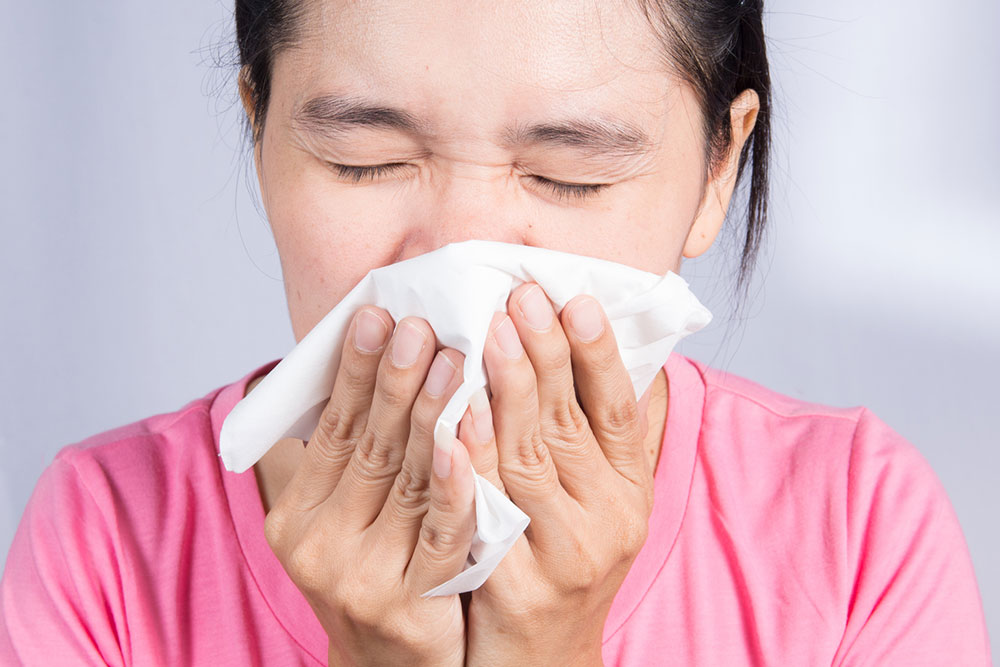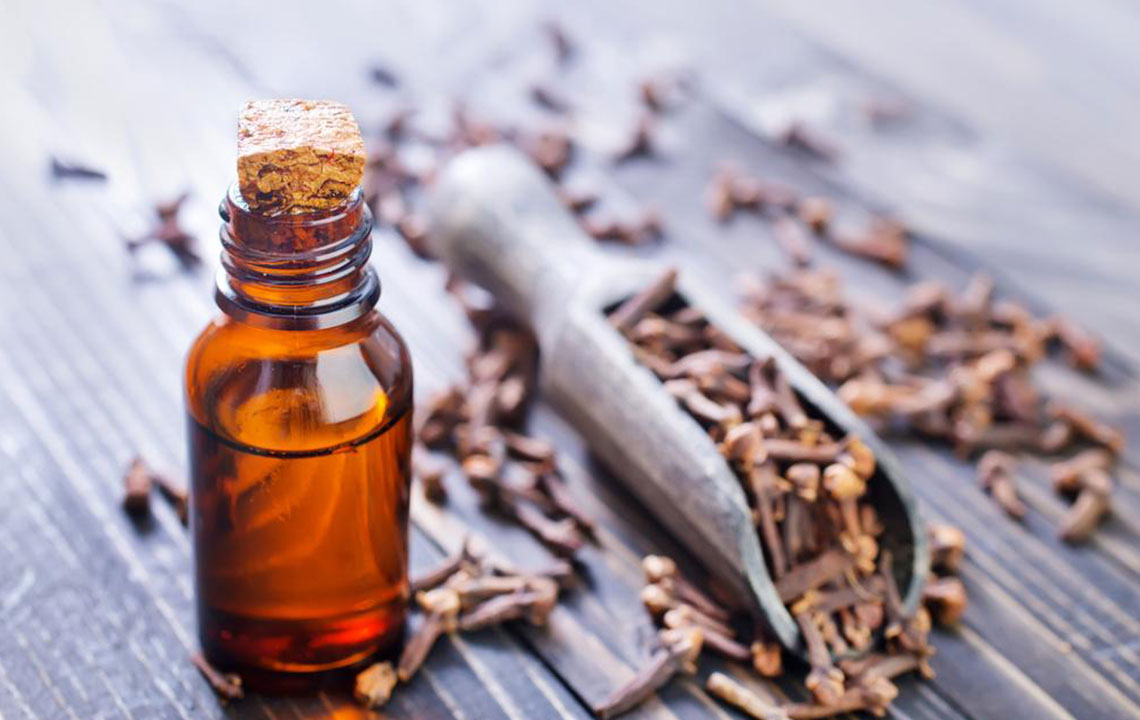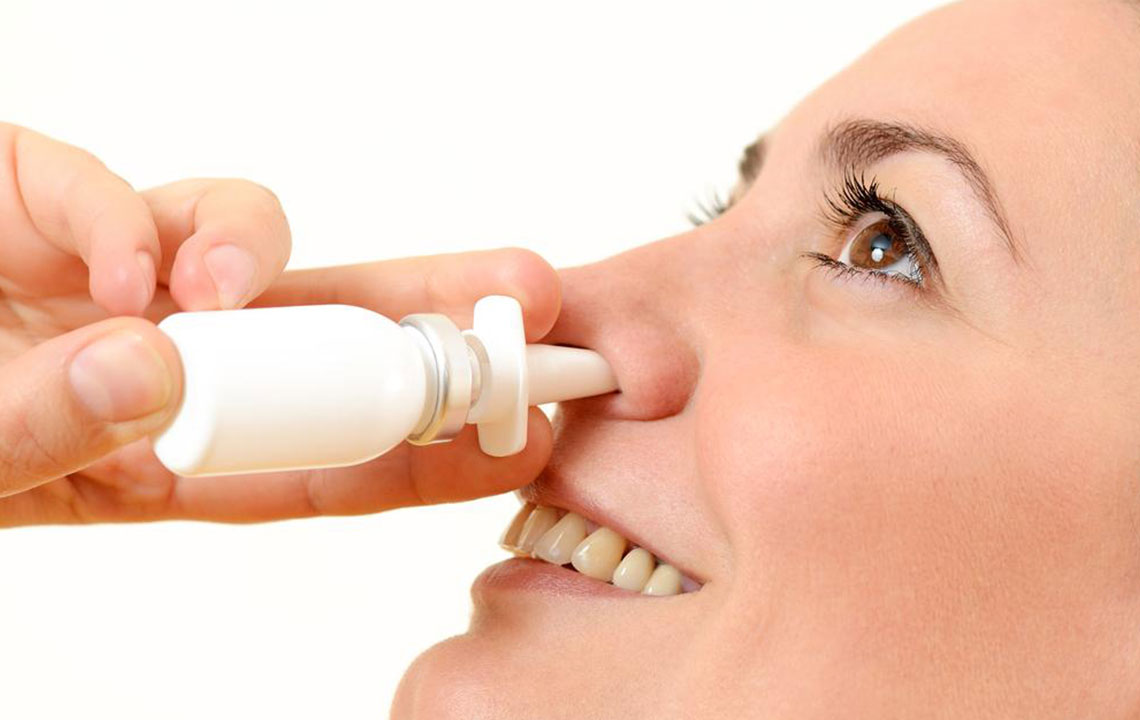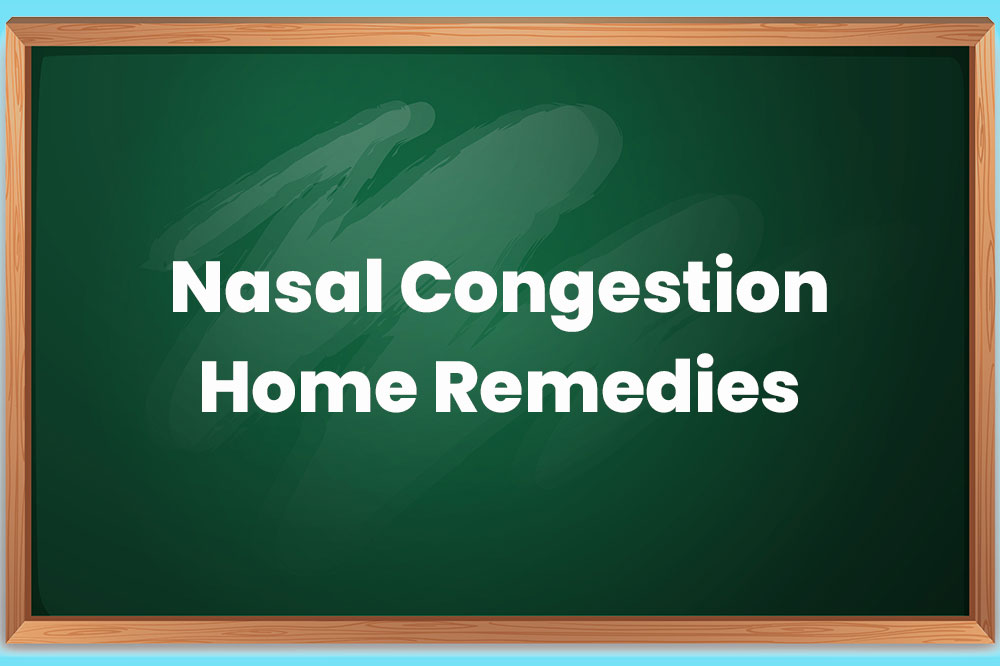Comprehensive Guide to Relieving Nasal Congestion During Cold Seasons: Expert Tips and Home Remedies
This comprehensive guide provides effective strategies and home remedies to relieve nasal congestion during cold seasons. It covers causes, symptoms, natural treatments like hydration, steam inhalation, saline rinses, and when to seek medical help. Preventive tips are also included to reduce illness risk. Ideal for easing breathing difficulties, this article offers practical advice to improve comfort during the chilly months while highlighting the importance of medical attention for persistent or severe symptoms.

Comprehensive Guide to Relieving Nasal Congestion During Cold Seasons: Expert Tips and Home Remedies
The winter months and transitioning seasons are notorious for increased cases of nasal congestion, commonly associated with colds and other respiratory illnesses. While nasal congestion is often seen as a minor inconvenience, it can significantly impact daily life, causing difficulty in breathing, disturbed sleep, and discomfort. Understanding the underlying causes of nasal congestion, differentiating between common cold, flu, and sinusitis, and employing effective remedies can help alleviate symptoms and promote quicker recovery. This extensive guide offers detailed insights into managing nasal congestion during cold seasons using proven strategies, home remedies, and when to seek medical attention.
Inflammation and swelling of nasal tissues during cold seasons often lead to congestion, making breathing difficult and affecting overall comfort. Proper care, hydration, and home therapies can provide significant relief, but understanding the root causes and symptoms is key to effective management.
Understanding Nasal Congestion and Its Causes
Nasal congestion is primarily caused by inflammation of the nasal passages due to viral infections like the common cold and flu, allergies, or sinus issues. During cold seasons, the prevalence of viral infections increases, leading to blocked nasal passages. The common cold, caused by over 200 different viruses, typically develops gradually with symptoms such as sore throat, sneezing, and nasal discharge. The flu, caused by influenza viruses, tends to have sudden onset with more severe symptoms like high fever, body aches, and fatigue. Sinusitis involves inflammation of the sinus cavities, resulting in severe headaches, facial pain, and thick nasal mucus. Differentiating between these conditions can help in choosing the most appropriate treatment.
Effective Home Remedies for Nasal Congestion Relief
Dealing with nasal congestion effectively often involves a combination of lifestyle adjustments, home remedies, and over-the-counter treatments. The following strategies have proven beneficial in reducing nasal blockage and improving breathing during cold seasons:
Stay Hydrated
Consuming adequate fluids, especially warm beverages such as teas, broths, and water infused with lemon, helps thin the mucus, easing drainage from nasal passages. Proper hydration also bolsters immune function, aiding the body's defenses against infections.
Steam Inhalation
Inhalation of steam is a time-honored remedy for congestion relief. Breathing in warm, moist air helps loosen mucus, reduces swelling in nasal tissues, and promotes drainage. Enhancing steam inhalation with essential oils like eucalyptus or menthol can provide additional soothing effects. To prevent ear infections, avoid excessive pressure or prolonged inhalation sessions.
Saline Nasal Sprays and Rinses
Saline sprays or rinses work by irrigating nasal passages, removing irritants, viruses, and mucus. To prepare a saline solution, mix three teaspoons of salt and one teaspoon of baking soda in warm, distilled water. Use this solution with a nasal spray bottle or squeeze bottle to rinse nasal passages. Regular use can help maintain nasal hygiene and relieve congestion. Always ensure sterility to prevent infections.
Humidify the Environment
Using a humidifier in your bedroom adds moisture to the air, preventing nasal tissues from drying out and reducing congestion. Clean the humidifier regularly to prevent mold and bacteria buildup.
Proper Rest and Healthy Lifestyle
Getting sufficient sleep, maintaining a balanced diet rich in immune-boosting nutrients, and avoiding irritants like cigarette smoke can all support your body’s natural defenses and shorten the duration of congestion.
When to Seek Medical Attention
While most cases of nasal congestion resolve with home remedies within a week, persistent or severe symptoms warrant medical consultation. Seek medical advice if:
Symptoms persist beyond 10 days without improvement
High fever over 101.5°F (38.6°C) lingers or worsens
Intense facial pain or swelling occurs, indicating sinus infection
Yellow or green nasal discharge persists, suggesting bacterial involvement
Experiencing vision changes or severe headache
These signs may indicate underlying bacterial infections or other complications needing targeted treatment, including antibiotics or other medications prescribed by a healthcare professional.Preventive Measures for Cold Season Nasal Congestion
Prevention plays a critical role in avoiding severe nasal congestion during cold seasons. Key measures include:
Practicing regular hand hygiene with soap and water
Avoiding close contact with infected individuals
Getting vaccinated against influenza annually
Maintaining a healthy immune system through proper nutrition and exercise
Keeping personal spaces clean and well-ventilated
Incorporating these practices into daily routines can significantly reduce the risk of viral infections and subsequent nasal congestion.Conclusion
Nasal congestion during cold seasons can be uncomfortable and disruptive, but with the right knowledge and home remedies, it can be effectively managed. Staying hydrated, using steam inhalation, saline rinses, and maintaining a humid environment are simple yet powerful strategies to alleviate symptoms. Recognizing when to seek medical attention ensures timely treatment for more severe cases. Emphasizing preventive measures can reduce the incidence of cold-related nasal issues, allowing for healthier, more comfortable winters. Always consult a healthcare professional if symptoms worsen or persist beyond a typical course.





